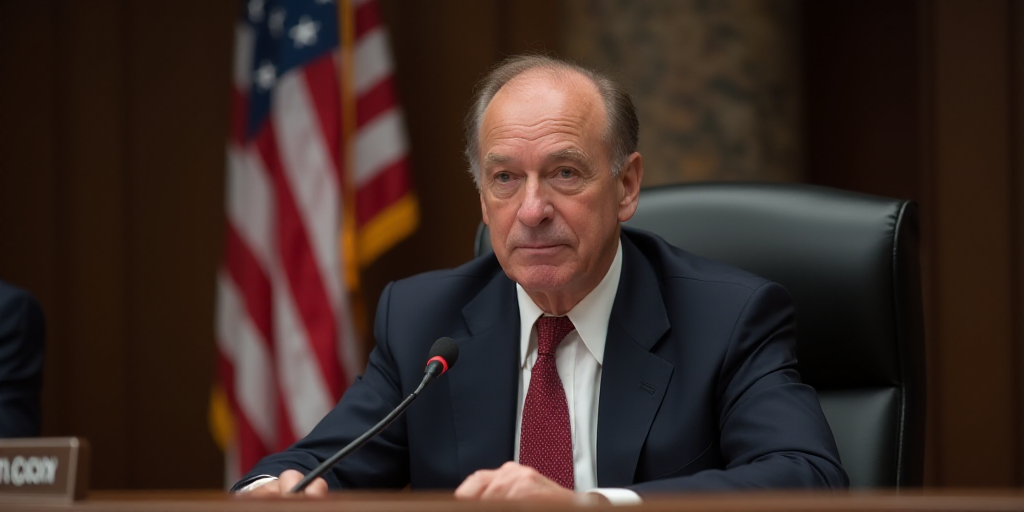Background on Key Figures and Their Crimes
On his last day in office, U.S. President Donald Trump granted clemency to more than a dozen individuals convicted of offenses such as corruption and firearms possession. Among those pardoned is former Republican Congressman Michael Grimm from New York, who was sentenced in November 2014 for tax fraud.
Michael Grimm’s Background and Conviction
Michael Grimm, a former representative for New York, served several months in prison about a decade ago after being convicted of fraud. This information was confirmed by sources at the White House to CNN.
Larry Hoover and the Gangster Disciples
In addition to Michael Grimm, Trump commuted the sentences of nine other individuals. Among them is Larry Hoover, an influential co-leader of one of Chicago’s largest street gangs, the Gangster Disciples. Hoover was serving a life sentence after being convicted in the late 1990s for leading a criminal enterprise.
Trump’s Use of Presidential Power for Clemency
This act of clemency by Trump is the latest in a series of similar actions taken by him, which have undermined the regular process established by the Department of Justice for processing such pardons. Trump has decided to exercise his presidential power to grant these eleven individuals—all connected to some of his political allies—clemency.
Impact on the Criminal Justice System and Public Perception
These pardons have sparked discussions about the appropriate use of presidential clemency powers and whether they should be employed to benefit political allies rather than uphold the principles of justice and fairness. Critics argue that such actions may erode public trust in the criminal justice system, while supporters claim that it showcases mercy and second chances for those who have served their time.
Key Questions and Answers
- Who received clemency from President Trump? Over a dozen individuals, including former Republican Congressman Michael Grimm and Larry Hoover, an influential leader of the Gangster Disciples street gang in Chicago.
- What were the crimes for which these individuals received clemency? The crimes included tax fraud, corruption, and leading criminal enterprises.
- Why are these pardons significant? These pardons have raised questions about the appropriate use of presidential clemency powers and whether they should prioritize political allies over justice system principles.
- How might these actions impact public trust in the criminal justice system? Critics argue that these pardons could erode public trust, while supporters claim they demonstrate mercy and second chances for those who have served their time.






